
Front_Office_Operations
.pdf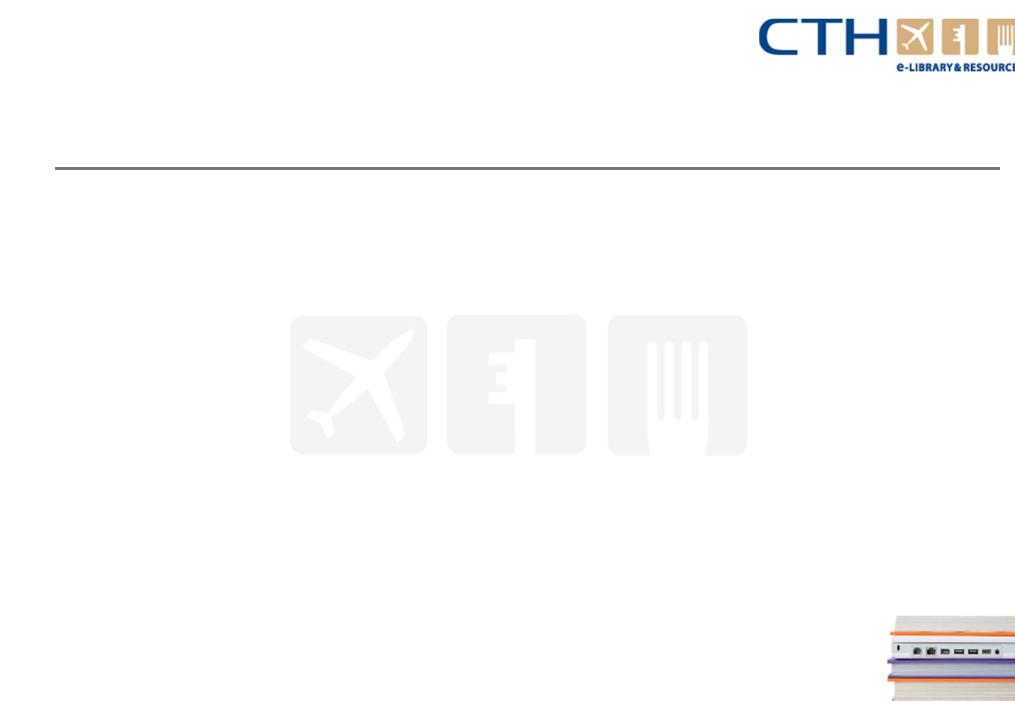
Chapter 1 – Introduction to front office operations
Different types of hotels
7.3 Different guest types continued…
Business travellers
Business travellers are those who travel for the sole purpose of undertaking business: sales representatives, people attending meetings and conferences (or on their way to them), etc. Business travellers are the largest year-round source of demand for hotel accommodation.
●Individual business travellers travel independently and alone.
●Corporate business travellers represent companies which may make regular bookings. They may be sub-divided into 'negotiated contract' travellers (who have negotiated a special discounted rate and terms with the hotel, based on a guaranteed volume of business) and 'non-negotiated‘ travellers (who may be eligible for a standard discounted corporate rate, on the understanding that there may be repeat business available).
●Conference delegates may have accommodation booked in the hotel where (or near to where) a conference is being held, perhaps reserved by their company, or by the conference organiser.
www.cthresources.com |
Page 71 |
|
www.cthawards.com |
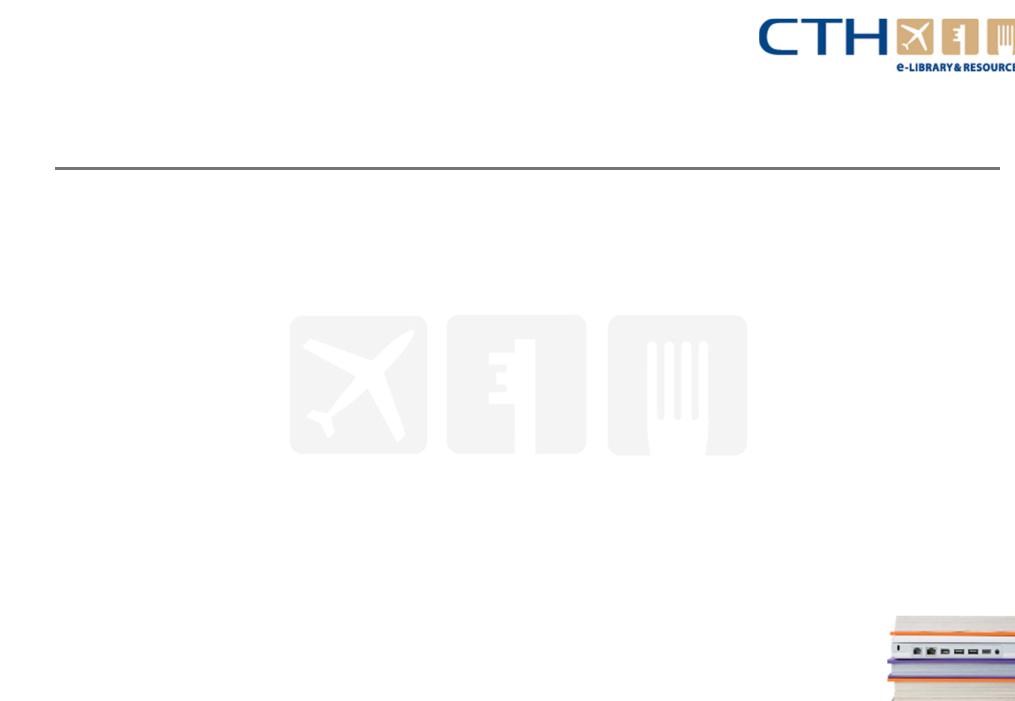
Chapter 1 – Introduction to front office operations
Different types of hotels
7.3 Different guest types continued…
Groups
A 'group' generally means five or more people travelling together, or ten or more rooms being booked together: the rooms being booked at the same time, the members paying the same rate, and generally arriving and departing at broadly the same time. Groups can range from five or six people on a small tour to hundreds of people attending a conference at the hotel.
Groups create certain challenges for hotels, over and above those presented by independent travellers. For a start, there are more people to deal with - generally all at once, which can put pressure on reception at check-in and check-out time! Groups may also have fixed timetables for their meals, activities, arrival and departure times, and this reduces their flexibility, and that of the hotel.
www.cthresources.com |
Page 72 |
|
www.cthawards.com |
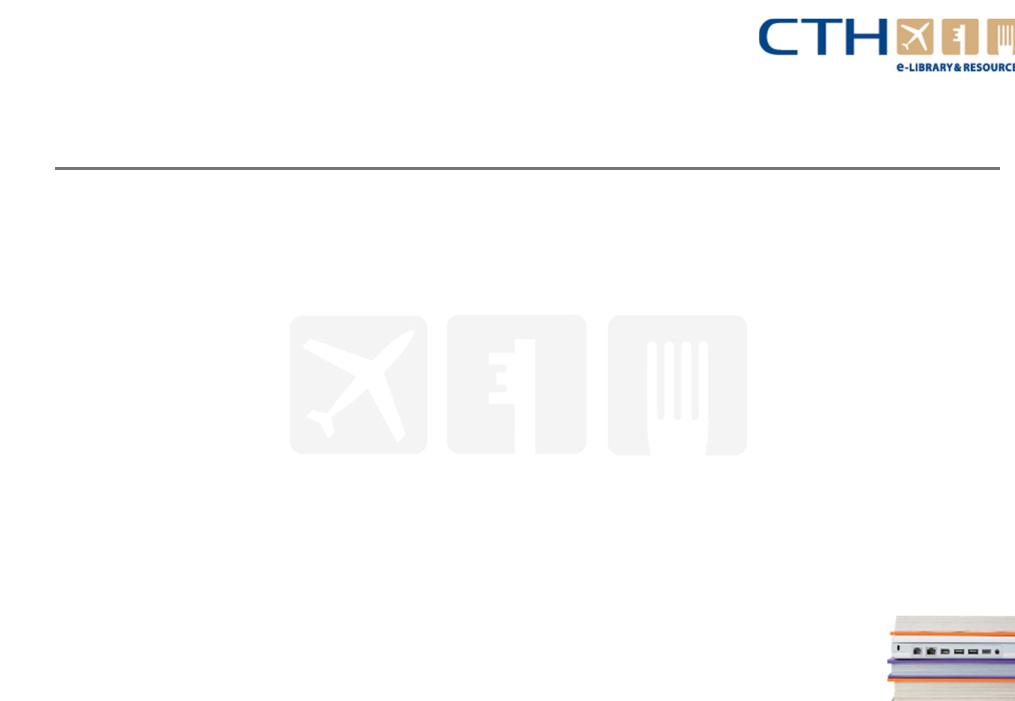
Chapter 1 – Introduction to front office operations
Different types of hotels
7.4 The point being...
The procedures and systems of Front Office organisation, which suits one type of hotel may not suit another. For example:
●A small hotel or other accommodation provider may have a simple Front Office structure, with few people performing all the tasks, while a large hotel may have a complex structure of inter-related departments and specialist service units, to which different types of guest needs will be referred.
●While larger hotels are likely to operate computerised reservation, check-in and billing systems, a small or medium-sized country hotel, inn or bed and breakfast may not (yet) have moved to such a system, and may use manual systems.
●Hotels catering for business travellers (city or airport hotels or motels) are likely to offer a different range of guest services (e.g.. internet & e-mail facilities, perhaps an executive lounge, meeting rooms, office services), administered from and promoted by Front Office, than hotels catering for leisure or special interest travellers.
●A fouror five-star hotel will require higher standards of social skills and customer service training for its Front Office staff, in order to respond positively and professionally to a range of guest
needs and wants, than a one-, twoor three-star hotel.
www.cthresources.com |
Page 73 |
|
www.cthawards.com |
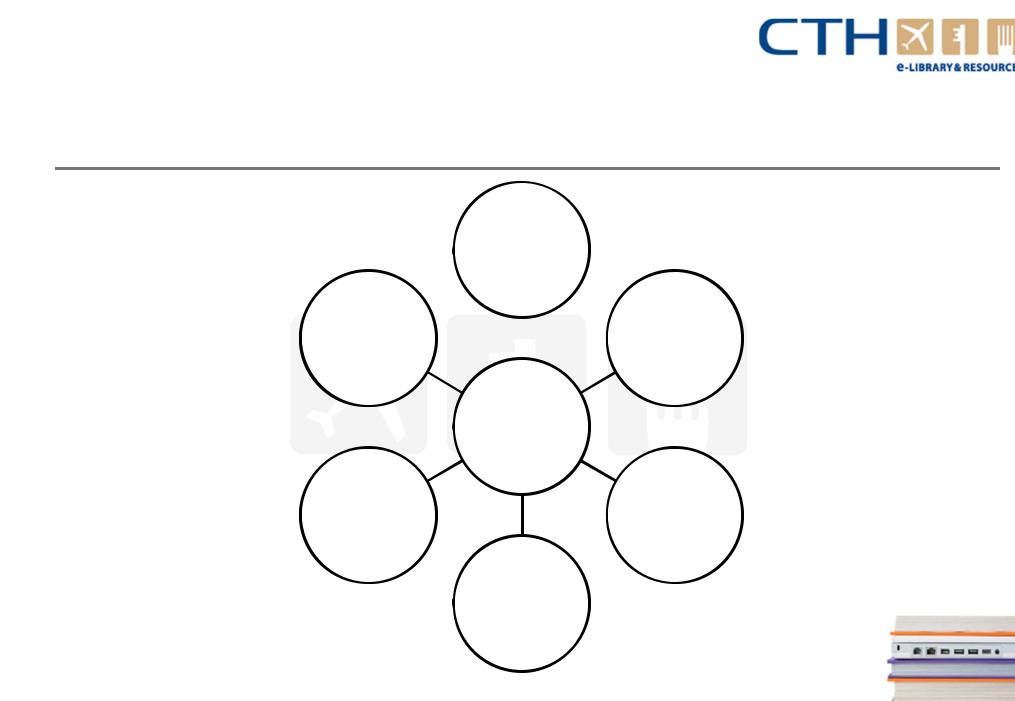
Chapter 1 – Introduction to front office operations
Summary
FOH depts: |
|
|
- Reception |
|
|
- Reservations |
|
|
- Switchboard |
|
|
- Cashier |
|
|
- Concierge |
Guest cycle: |
|
Market |
|
- Pre-arrival |
|
||
|
- Arrival |
|
segmentation |
|
|
|
- Occupancy |
|
|
|
|
|
|
|
|
|
- Departure |
Front Office |
|
|
Operations |
|
|
Property management
Communication
system
hub
Departmental
liaison
www.cthresources.com |
Page 74 |
|
www.cthawards.com |
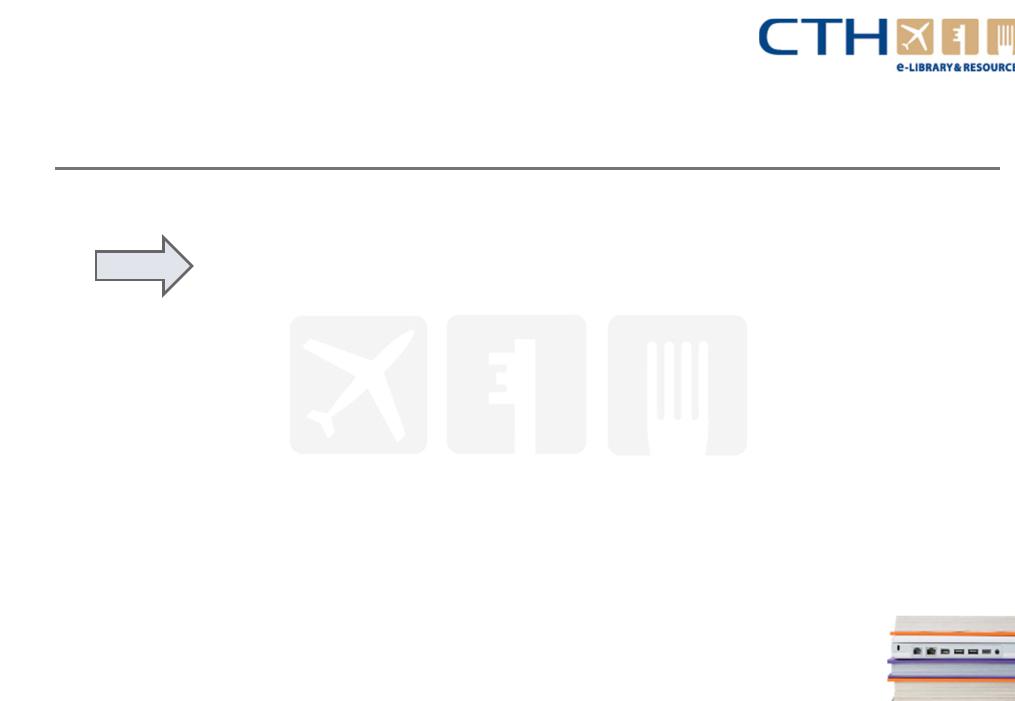
Chapters
1.Introduction to front office operations
2.Reservation procedures
3.Check-in procedures
4.Check-out procedures
5.Guest accounting
6.Yield management, statistics and reports
7.Security and safety responsibilities
8.Guest services and communications
9.Interpersonal and selling skills
www.cthresources.com |
Page 75 |
|
www.cthawards.com |
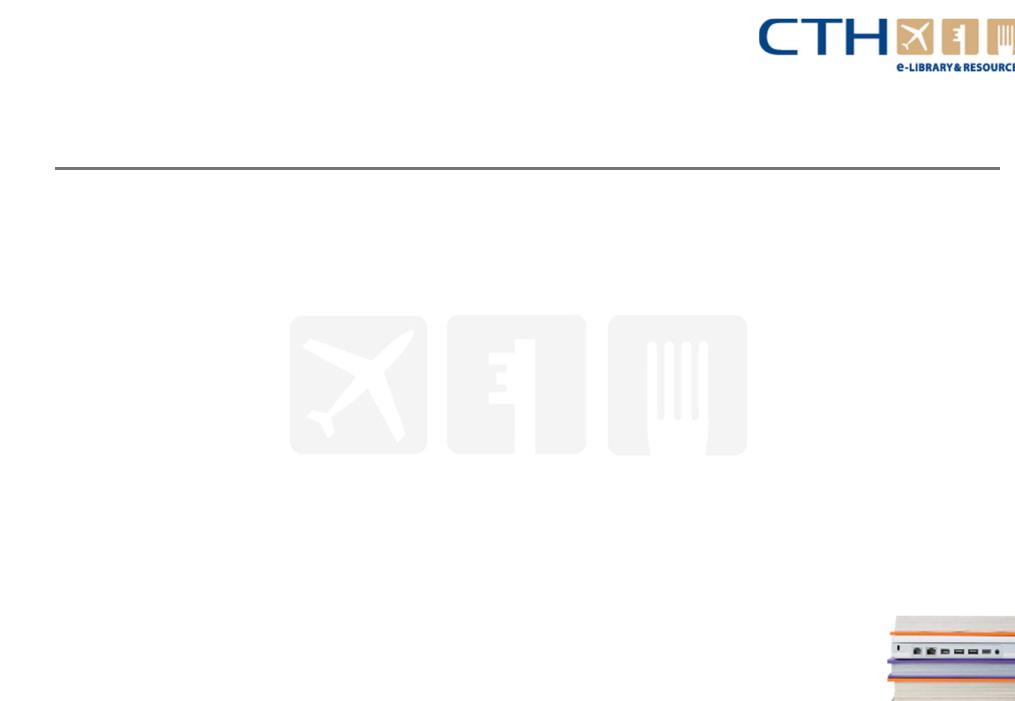
Chapter 2 – Reservation procedure
Objectives
In this chapter you will learn
●How to handle initial enquiries
●How to receive and record reservation requests
●How to use manual and electronic systems for recording bookings
●How to guarantee reservations, using deposits and pre-payments
●The international terminology for rooms and bed types
●The different packages and rates offered by hotels
●How rooms are allocated
●How to confirm reservations
●How to monitor the status of reservations
●How to cancel reservations if required
www.cthresources.com |
Page 76 |
|
www.cthawards.com |
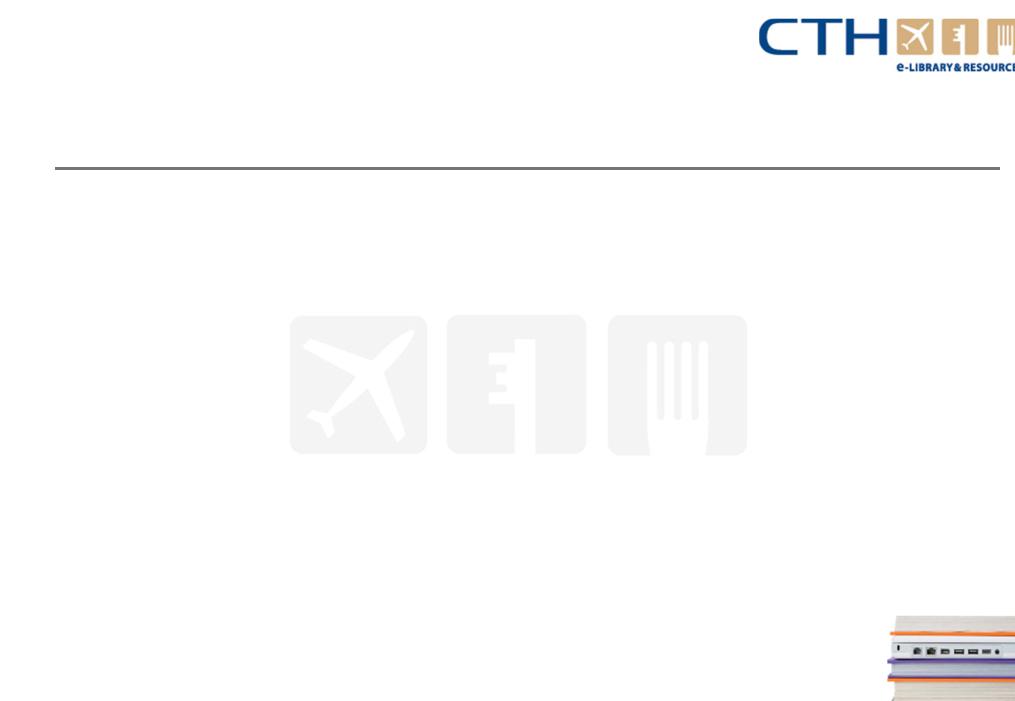
Chapter 2 – Reservation procedure
Handling inquires
1.Handling inquiries
1.1How do inquiries come in ?
1.2What information will be exchanged?
www.cthresources.com |
Page 77 |
|
www.cthawards.com |
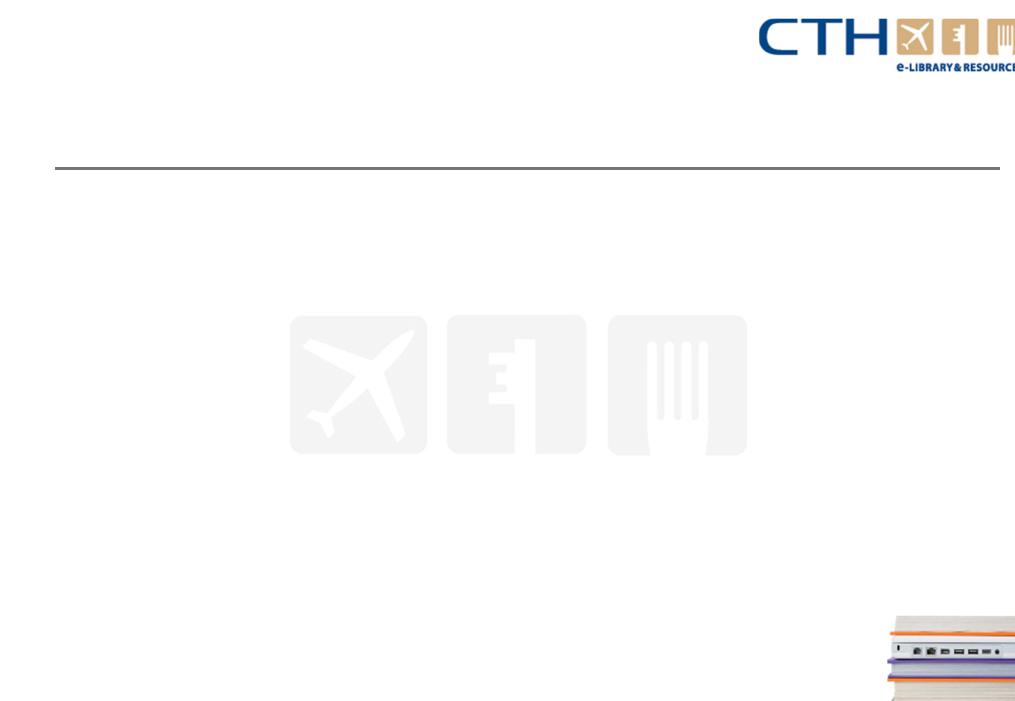
Chapter 2 – Reservation procedure
Handling inquires
The process of making a hotel booking or reservation:
Begins with an enquiry from prospective guests, who contact the hotel to ask for a brochure, or to ask specific questions about the price and availability of rooms for the period they are interested In.
Such request is an opportunity to give a good first impression of the hotel: a prompt, positive and courteous response will reassure prospective guests that they will receive good service If they book into this establishment.
www.cthresources.com |
Page 78 |
|
www.cthawards.com |
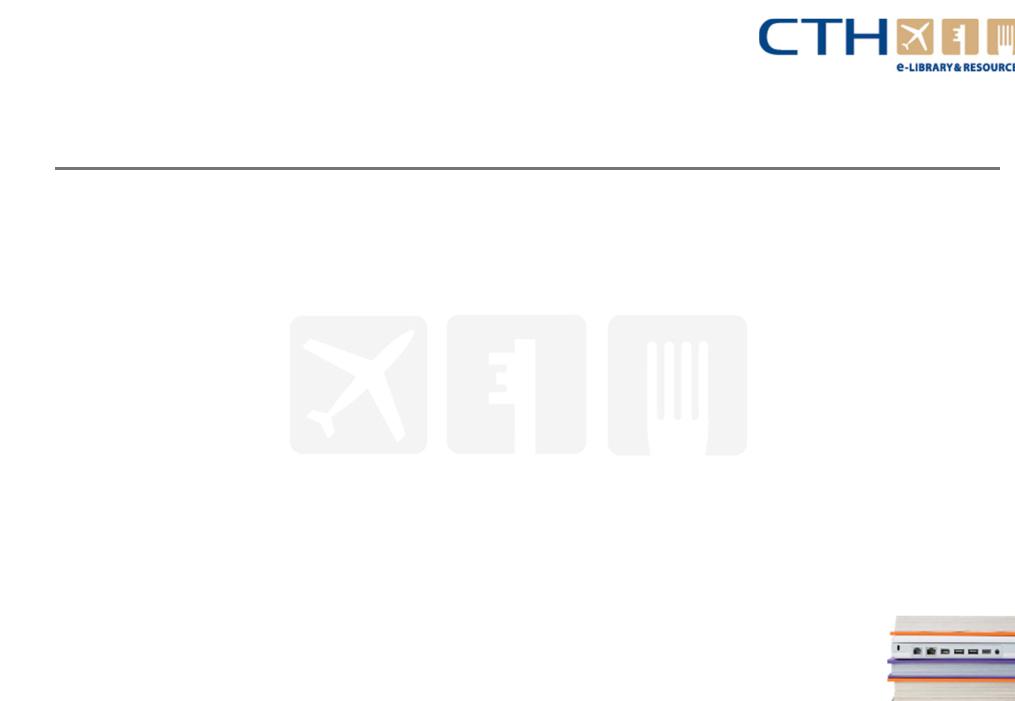
Chapter 2 – Reservation procedure
Handling inquires
1.1 How do enquiries come in?
●In person - People may come in 'on the off chance' of immediate accommodation, often because they are travelling unexpectedly, or touring (usually in the off season) without making advance plans. A local person may also 'drop in' in person, since it is convenient to do so, to make a booking
on behalf of others: an out-of-town friend, say - or a tour group or conference (e.g.. if the local person is the organiser). Enquiries which come in 'off the street’ / ‘walk ins’/face-to-face enquiries offer the advantage of interactivity: enquirers and reservation staff can both gather information and get their questions answered in real time - and written confirmation of the details can also be prepared and handed over on the spot.
● In writing - A written request for a booking (letter, by mail, facsimile transfer (fax) or booking form - from a hotel brochure. Written enquiries are useful for the hotel, as they may set out clearly the details of the guest's requirements (room types, number of guests, arrival and departure dates), and contact details for the hotel to gather additional information and/or confirm the booking. These can be used to confirm bookings made by telephone, so that both parties have written evidence of what was discussed and agreed, which they can refer later if they need to. Compared to the postal system, the advantage of e-mail and fax is that they can be used to send and receive bookings and confirmations almost instantly (via telecommunication links) from one side of the world to
the other, regardless of distance, time zones and so on.
www.cthresources.com |
Page 79 |
|
www.cthawards.com |
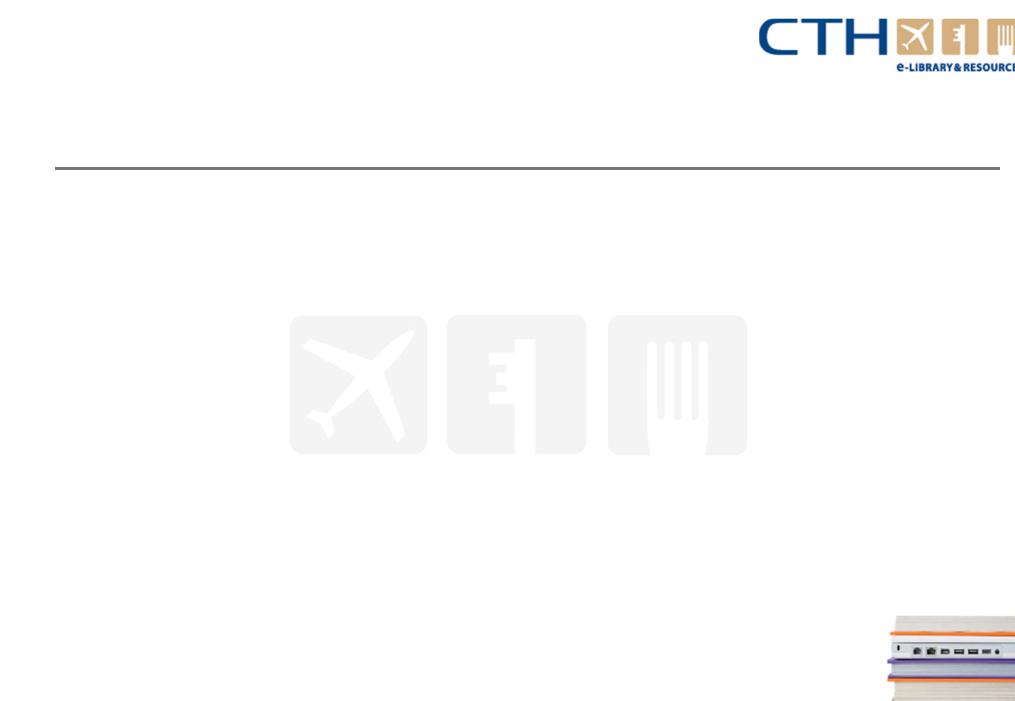
Chapter 2 – Reservation procedure
Handling inquires
1.1 How do enquiries come in?
●By telephone - Is a fast, convenient and cost-effective way of making an enquiry. Its interactive nature allows the prospective guest and the hotel to ask questions and exchange information in real time - without written , for quick, accurate agreement on details. Because guests can know that their enquiry has been received and answered, on the spot, telephone is often used to make last-minute bookings: no risk of turning up at the hotel to find that no-one has checked the e-mail / fax machine lately! The disadvantage is that it doesn't get the details of the conversation down in black and white: some form of note-taking and/or written confirmation (if there is time) is often required to ensure that everyone is on the same 'page'.
●Online - Increasingly, guests and travel agencies gather information about hotel rates and room availability via the web sites of individual hotels, centralised booking sites for hotel chains, and agency booking sites (some specialising in particular types of travel, or in last-minute discounted packages). Bookings can be made online and processed directly by the hotel's or agency's computerised booking system: leaving an electronic record for the hotel, and generating an electronic confirmation for the guest - without human intervention or involvement. This can be extremely cost effective for a hotel with the relevant systems set up, so many such hotels offer incentives for people to book
online (e.g.. by passing on some of the cost savings in the form of online booking discounts).
www.cthresources.com |
Page 80 |
|
www.cthawards.com |
